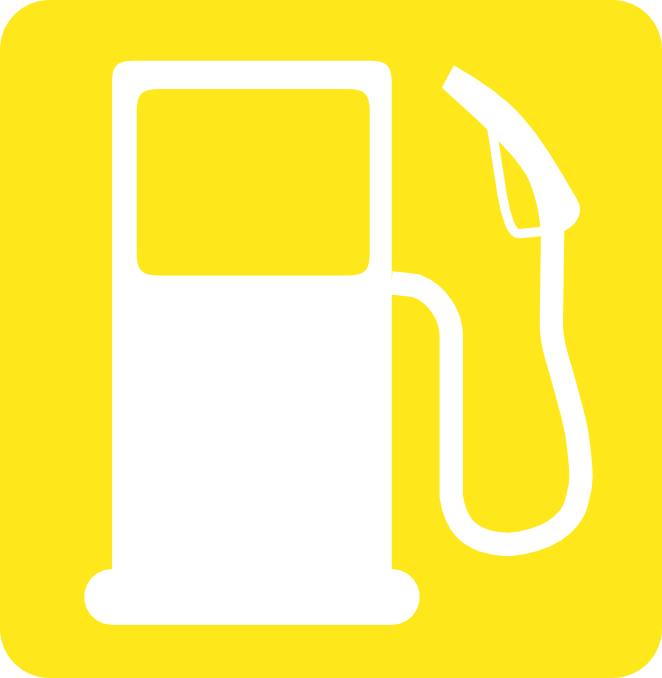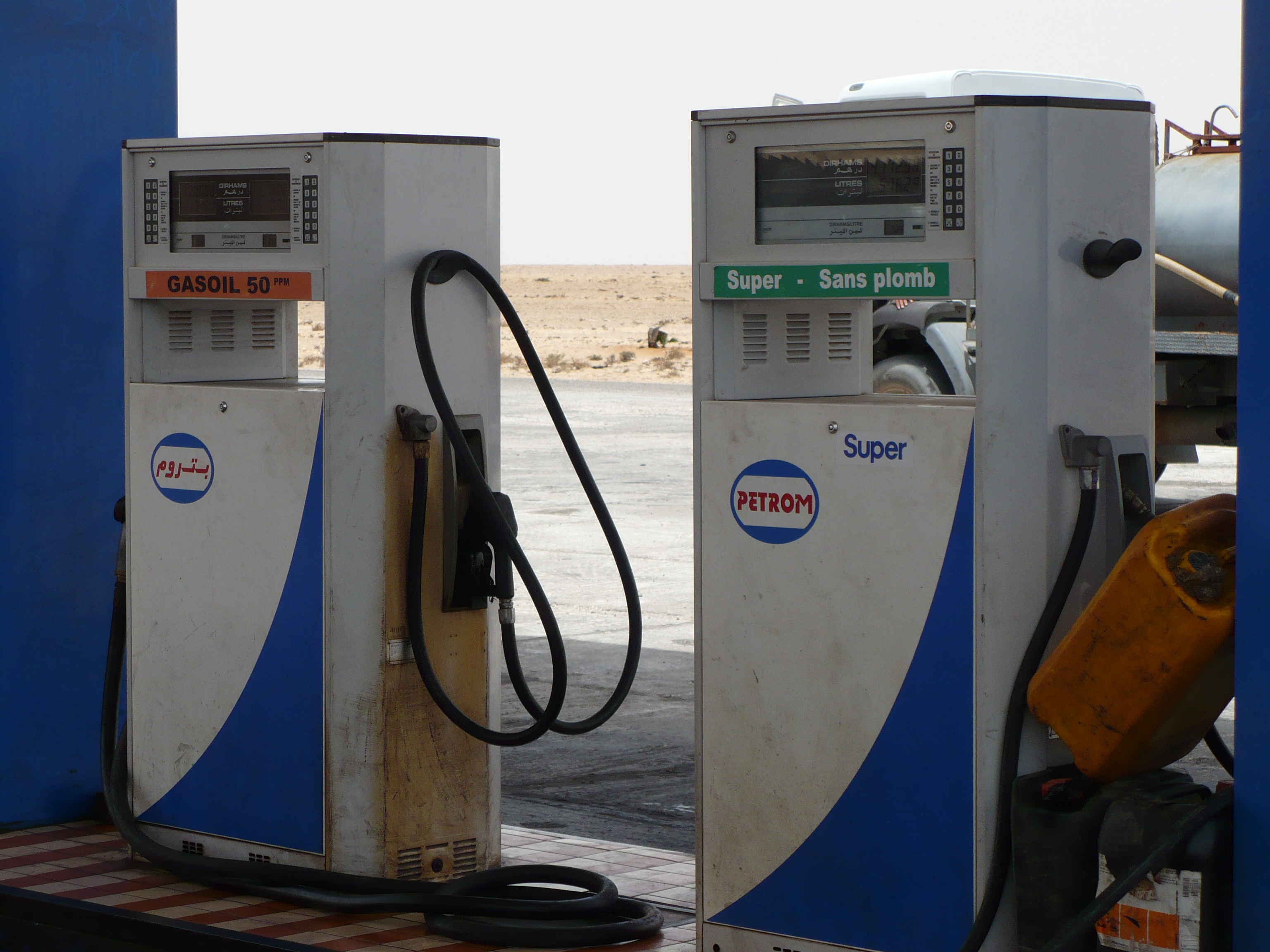Difference between revisions of "International Fuel Prices"
***** (***** | *****) m |
***** (***** | *****) m |
||
| Line 1: | Line 1: | ||
| − | [[File:GIZ Energy Efficiency groß.png|frame|right|150x154px|GIZ Energy Efficiency|link=]] | + | [[File:GIZ Energy Efficiency groß.png|frame|right|150x154px|GIZ Energy Efficiency|link=]] In Cooperation with the Gesellschaft für Internationale Zusammenarbeit (GIZ) GmbH energypedia hosts the long-time effort of "GIZ International Fuel Prices" with a database containing data on fuel prices, taxes, price policies, etc. of almost all countries in the world. |
| − | In Cooperation with the Gesellschaft für Internationale Zusammenarbeit (GIZ) GmbH energypedia hosts the long-time effort of "GIZ International Fuel Prices" with a database containing data on fuel prices, taxes, price policies, etc. of almost all countries in the world. | ||
Some countries use ad-hoc pricing mechanisms and fix the fuel prices regularly, other countries have liberalized their fuel markets entirely. As well as the policies for fuel pricing, fuel prices and taxes vary from country to country. However, fuel taxes are one of the most important options for financing the transport sector: 10 US cents per liter may yield the financial resources necessary to maintain the road system, an additional 3-5 US cents can be a financing option for urban transport. [[File:Diem Western Sahara 2.jpg|frame|right|148x113px|Gas station in the Sahara|link=]] | Some countries use ad-hoc pricing mechanisms and fix the fuel prices regularly, other countries have liberalized their fuel markets entirely. As well as the policies for fuel pricing, fuel prices and taxes vary from country to country. However, fuel taxes are one of the most important options for financing the transport sector: 10 US cents per liter may yield the financial resources necessary to maintain the road system, an additional 3-5 US cents can be a financing option for urban transport. [[File:Diem Western Sahara 2.jpg|frame|right|148x113px|Gas station in the Sahara|link=]] | ||
| Line 12: | Line 11: | ||
Please find further information about fuel pricing in the country factsheets. You may access them by clicking the respective countries in the following table. | Please find further information about fuel pricing in the country factsheets. You may access them by clicking the respective countries in the following table. | ||
| − | {| class="wikitable" style="font-size: 90%; size: 100%" | + | {| class="wikitable" style="font-size: 90%; size: 100%" |
|- | |- | ||
| width="25%" | {{template:Fuel Price Full List|0|35}} | | width="25%" | {{template:Fuel Price Full List|0|35}} | ||
| Line 19: | Line 18: | ||
| width="25%" | {{template:Fuel Price Full List|105|1000}} | | width="25%" | {{template:Fuel Price Full List|105|1000}} | ||
|} | |} | ||
| + | |||
| Line 58: | Line 58: | ||
| style="border: 1px solid black; border-bottom:none" | {{template:Fuel Price Matrix Items|3|1}}<br/> | | style="border: 1px solid black; border-bottom:none" | {{template:Fuel Price Matrix Items|3|1}}<br/> | ||
|} | |} | ||
| + | |||
| + | [[Category:Fuel_Price_Factsheet]] | ||
| + | [[Category:Mobility]] | ||
Revision as of 11:46, 3 December 2012

In Cooperation with the Gesellschaft für Internationale Zusammenarbeit (GIZ) GmbH energypedia hosts the long-time effort of "GIZ International Fuel Prices" with a database containing data on fuel prices, taxes, price policies, etc. of almost all countries in the world. Some countries use ad-hoc pricing mechanisms and fix the fuel prices regularly, other countries have liberalized their fuel markets entirely. As well as the policies for fuel pricing, fuel prices and taxes vary from country to country. However, fuel taxes are one of the most important options for financing the transport sector: 10 US cents per liter may yield the financial resources necessary to maintain the road system, an additional 3-5 US cents can be a financing option for urban transport.

Besides, earned revenues through fuel taxes can be used for reducing public transport fares or providing social services. Furthermore, fuel taxation is a practical possibility to shift the burden of indirect negative effects of transport (e.g. environmental pollution, noise, congestion costs, etc.) onto transport users.
The international fuel price database allows to compare global fuel prices and taxes. By this means it can help implementing a rational energy pricing policy.
Country Factsheets
Please find further information about fuel pricing in the country factsheets. You may access them by clicking the respective countries in the following table.
Regulation-Price-Matrix
As mentioned above fuel pricing policies vary from country to country. The same applies to fuel prices. The following graph shows these variations at a glance. For further information about fuel pricing please click on the names of the countries. Note that some countries are missing in the table below due to missing data. For a full list of countries, see the table in the next section.
| Pricing Mechanism | ||||
| ad-hoc |
liberal | |||
| Price Level |
high |
|||
| low |
||||



















